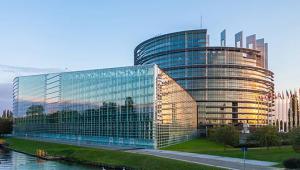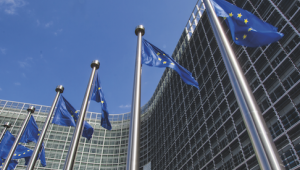In 2005, EU member states committed meeting the United Nations’ 0.7% target by 2015, although those that joined the bloc in 2004 or later only need to be spending 0.33% of gross national income on development.
Those that have met the target include the UK, Luxembourg, Sweden and Denmark and those that have yet to do so includes Greece, Italy and France.
‘Goals and targets mean nothing if they are not financed,’ said Pedro Silva Pereira, the committee’s rapporteur and Portuguese MEP.
‘This House wants to send a strong political message about the future implementation and financing of the new global development agenda for the period 2015-2030.’
The MEPs also called on the European Commission to enhance the assistance it offers to developing countries in tax collection, public financial management and anti-corruption activities.
They also acknowledged that public aid alone was not enough and needed to be complemented by private sector investment.
‘The EU should set up a regulatory framework together with developing countries that stimulates more responsible, transparent and accountable investment, contributing to the development of a socially conscious private sector in developing countries,’ the MEPs said.








